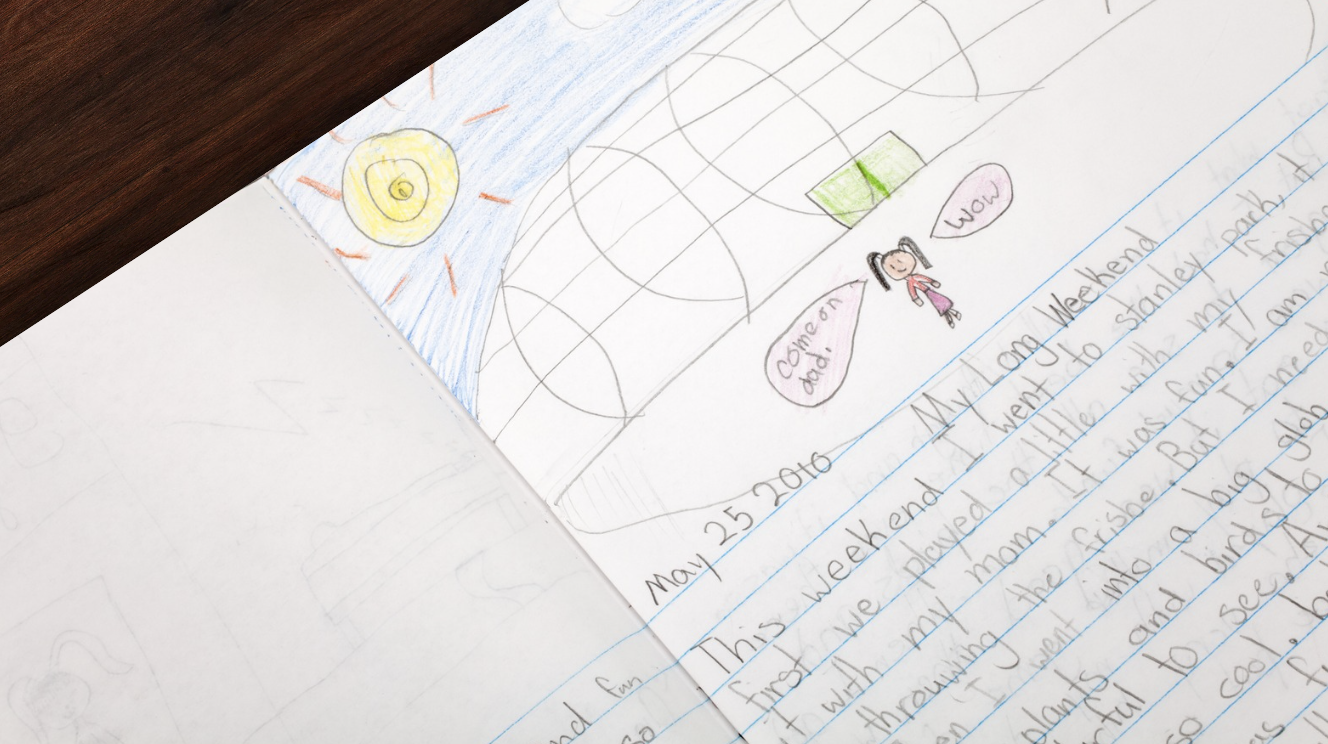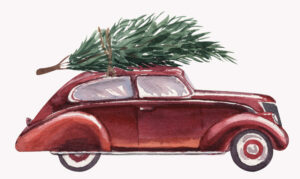My earliest memories of writing poetry or fiction are probably from when I was in grade 4 or 5. They were very simple rhyming sentences about the sunset, my family and food I didn’t like to eat. I started writing because I wanted to imitate the authors I was reading. I wanted to write like Enid Blyton, Dr.Seuss and the many authors of Tinkle digest. Even if I couldn’t write great, fun stories, I would always write in my diary about my day – from what I spoke to my best friends to the subjects I liked and had fun at in school. Are you also interested in writing and would like to get started on this exciting journey of creating stories? Here are 5 tips to help you get started.
1. Write a little bit everyday.
Set aside some time everyday to write down what you experienced – at home, at school, on the playground, even in the kitchen. Writing daily helps you effectively communicate your thoughts and emotions on paper. It boosts your creativity and increases your attention span as you will be able to think and organise your thoughts while you write.

MERRIN ABRAHAM
Merrin completed her Integrated MA in English Studies from IIT Madras. She is a storyteller, bibliomaniac and a lover of indie music who had a passion for the English language that she dedicated her childhood to reading Victorian literature. Besides drinking bitter coffee and analysing Asian media, she is trying to find a horror story worthy of the genre.
2. Read and write your own endings.
After reading a new story, write a different ending for your favourite character or a new ending for the story on the whole. This process helps you ignite your creative spark and gives you the space to express yourself.
3. Draw and describe.
If you are unsure about what to write, try drawing a picture first and then write a description about what you have drawn. If you aren’t interested in drawing, look at a picture (online, in a book, a painting) and describe what you see in that picture. This will help you sharpen your observation and description skills. You will be able to talk about colours, shapes, textures and depth in the picture.
4. Make it a game.
A fun way to enjoy writing is to turn it into a game. You can ask your friends or family for a few words and then try to use those words in your story.
For example – glass, violet, burger, spaceship, calendar. The little glass girl entered the spaceship looking for something. She finally spotted the calendar where she had marked the date for her spaceship to return home from Earth. She looked outside, at the orange and violet streaks of the setting sun, dreaming of eating her last cheeseburger before setting off for Glass Land.
Alternatively, you can sit down with your siblings/family/friends and try to make a story by contributing one line each. This is a good way to let your imagination run wild.
5. Send a letter or email.
Take time to sit down and write a personal letter or email to family members, friends, or even characters from your favourite books. This will help you feel like the process of writing is meaningful and personal.

